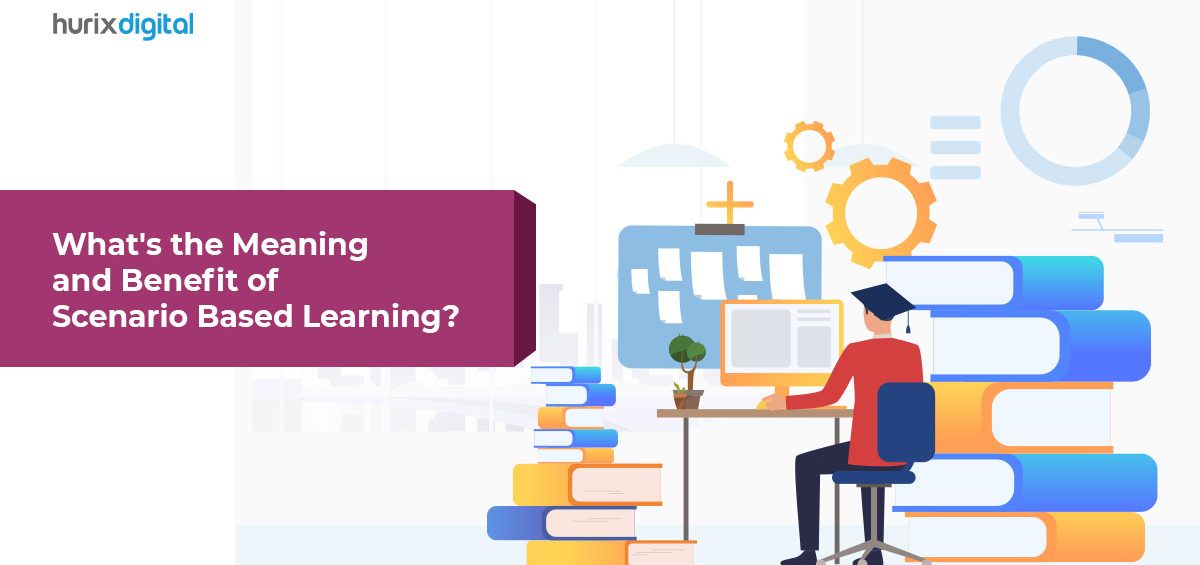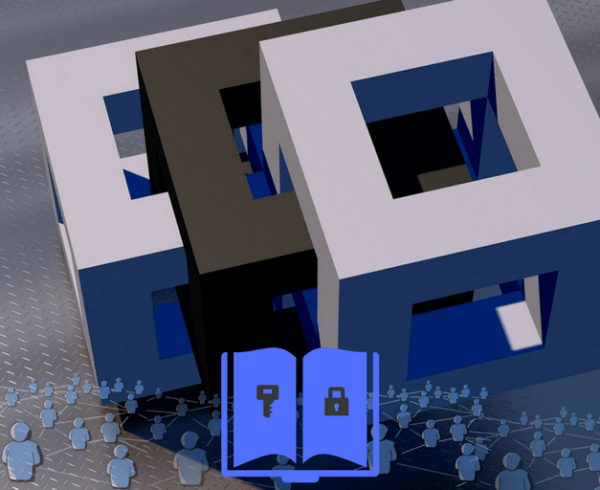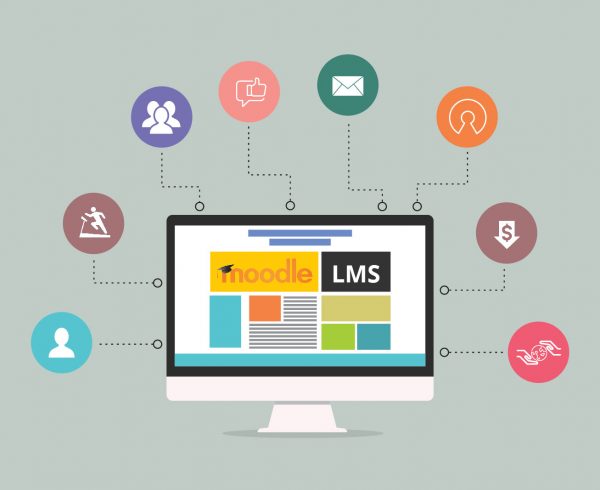Books aren’t the only element needed for learning and upskilling—there are certain knowledge aspects and skills that learners can only acquire with experience.
In today’s age, eLearning has become an integral part of students’ lives, and their way of obtaining information has changed for the good. All kinds of learners now get an equal amount of attention after the introduction of eLearning in the education sector and training industries.
Making learning engaging and interactive is one of the most effective ways to make students understand concepts. On the list of the most effective ways of learning, scenario-based learning should get as much attention as interactive eLearning, if not more.
This learning method allows learners to think critically and solve real-life issues using their knowledge. The results are also impressive, with educators noticing improved understanding, recall, and retention of topics.
Further, the simulation and virtual training market, which includes scenario-based learning, is estimated to grow at a CAGR (Compounded Annual Growth Rate) of 13.7% to touch $601.85 billion by 2027.
It goes without saying that the scenario-based learning method is highly practical and has a bright future in the education sector.
So, without further ado, let’s understand the concept, importance, and benefits of scenario-based learning with tips and examples. Consider this article your ultimate guide to completely mastering this impressive method of learning.
The Meaning of Scenario-Based Learning
As the name suggests, scenario-based learning is a method that uses scenarios to explain concepts to learners. Scenarios aid students in comprehending how their newfound knowledge can be put to use in the workplace.
This can be about an everyday office situation, selling a product or service to a potential customer, customer service insight or experience, developing a specific skill, resolving typical business issues, etc.
Scenarios give learners hands-on learning opportunities, which improves the interactive elements of eLearning courses.
You can improve learners’ understanding of topics by training them in specific key areas and putting them in real-life scenarios. The use of scenario-based training can aid learners in becoming fully engaged with the material.
Learning even the most complex topics can be made more fun, interesting, and engaging with the use of scenario-based learning.
In contrast to many online courses, where students read a text and then take a test to demonstrate their understanding, scenario-based training involves learners every step of the way, right from the start to the very end of every lesson.
Topics Commonly Taught with Scenario-Based Learning
If used the right way, scenario-based learning can be revolutionary for the education sector.
A plethora of topics can be taught using this method—we’ll go into detail about the most classic scenarios where scenario-based learning is the best choice.
1. Mandatory Compliance Training
Some specific mandatory compliance training programs must be offered to employees in every business. These can involve training on ethical issues, fire safety, inclusion, and many other important aspects.
These topics may not seem very exciting at first, but organizations with staff that are not trained to handle these issues face dire consequences.
Scenario-based learning places people in a realistic setting where they see the impacts of misconduct and actually change the way they behave, as compared to straightforward lessons that allow you to label staff as “compliant.”
2. Communication Skills Training
Scenario-based learning fits naturally into communication skills training—the branching scenarios effectively replicate conversations between sales and customer support representatives, managers and the teams they handle, medical professionals and patients, along with numerous other combinations.
Similar to digital role-play, an online course that includes branching scenarios allows students to apply their knowledge in real-world situations and receive insightful feedback from an online counterpart.
3. Critical Thinking Training
Workplace challenges fall into two categories: those that are routine and call for the same set of steps to be taken each time (such as filling out consumer profiles in CRM systems) and those that demand more in-depth research and comprehension so that employees can adapt policies to various contexts.
4. High-Risk Tasks Training
In the military, police, aviation, and medical fields, mistakes can have terrible consequences. Some duties are too risky to practice in a profession, at least when it’s the learner’s first time carrying out the task. Who would voluntarily board a flight with a pilot who, up until this point, had only learned the loop from books?
While it’s true that scenario-based learning cannot replace an actual experience, let’s not forget that learners can afford to make mistakes in the learning process with this method without the danger of injury or other major repercussions.
The Upsides of Scenario-Based Learning
It’s clear by now that scenario-based learning can train learners to a huge extent in a very short time. The following are just a few of the many advantages that situation-based learning offers to both learners and educators:
1. Boosts Student Engagement
The ability of scenario-based learning to engage students by stimulating brain activity is one of its most valuable upsides. This method of training encourages critical thinking, enabling students to solve problems and make choices based on their lessons.
Simultaneous narratives are a fantastic way to increase engagement because they pique students’ emotions. Learners are less inclined to get sidetracked if they become emotionally invested in the simulation’s narrative.
2. Enhances Knowledge Retention
Simulators help students retain information in a variety of ways. The material is rendered relatively simple to comprehend and recall by the use of storytelling. Learners of today expect interesting content and are accustomed to taking in information in bits and pieces.
Simulations are divided into brief, easy modules that concentrate on one particular topic at a time, which allows students to put the things they learn into practice. The use of storytelling and regular practice together effectively enhances knowledge retention.
3. Builds Learner Confidence
In the corporate world, most of the time, representatives for customer service deal with unhappy users who have problems. Without proper training, this task may seem intimidating.
Learners gain the experience they require to grow more confident through customized scenario-based learning, which gives them options to consider when handling a particular scenario.
They are free to make the decisions they believe will work best for them. By doing so, they will be better equipped to interact with customers and satisfy their requirements.
Conclusion
Experiential learning is a major component of training in many prosperous organizations. Scenario-based learning is currently the most widely used type of experiential training. There are numerous important advantages to employing this procedure for customer service training as well as other areas.
The more frequently a trainee uses a new set of skills, the more likely that they will use the knowledge they’ve learned in practical situations. Want to include scenario-based learning in your course? Hurix Digital is here to help. Train learners with interactive scenarios and take your training sessions to a whole new level.











